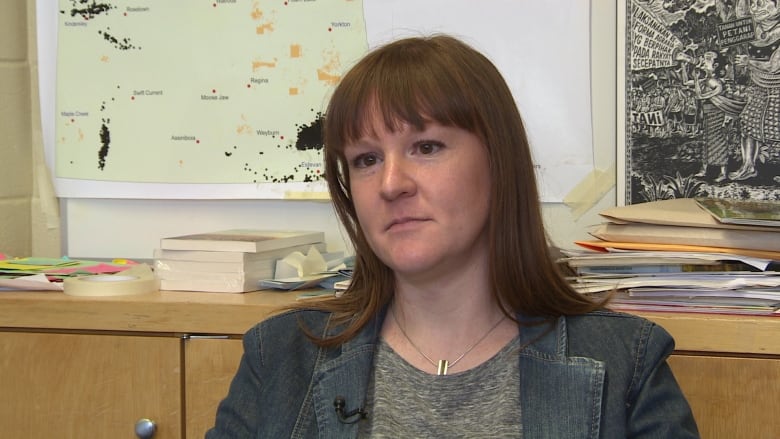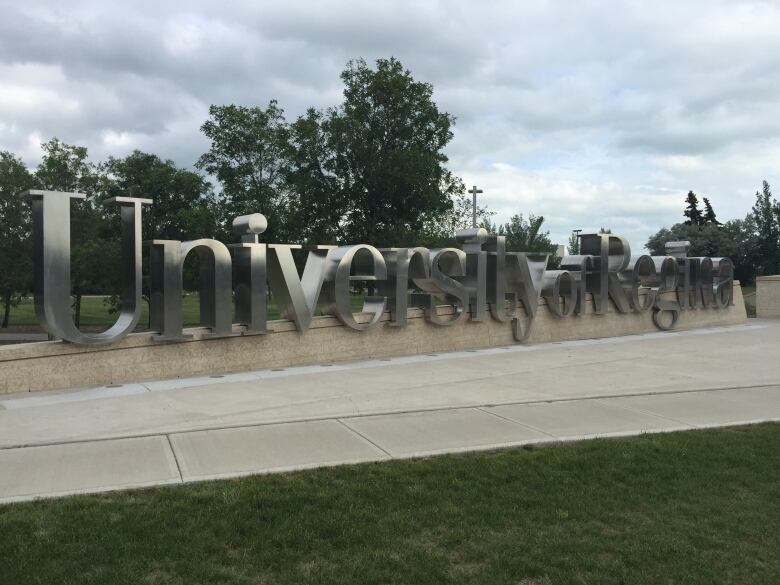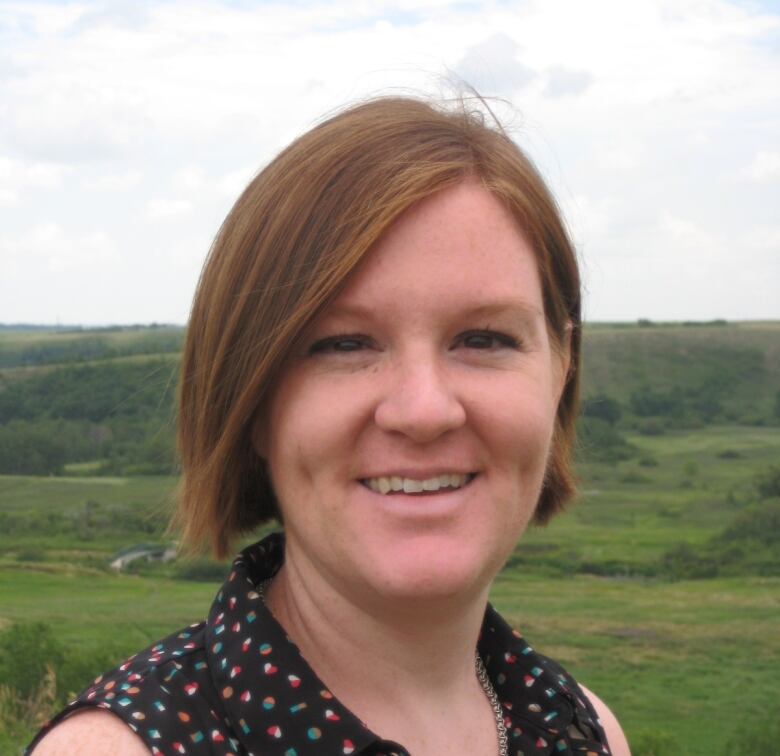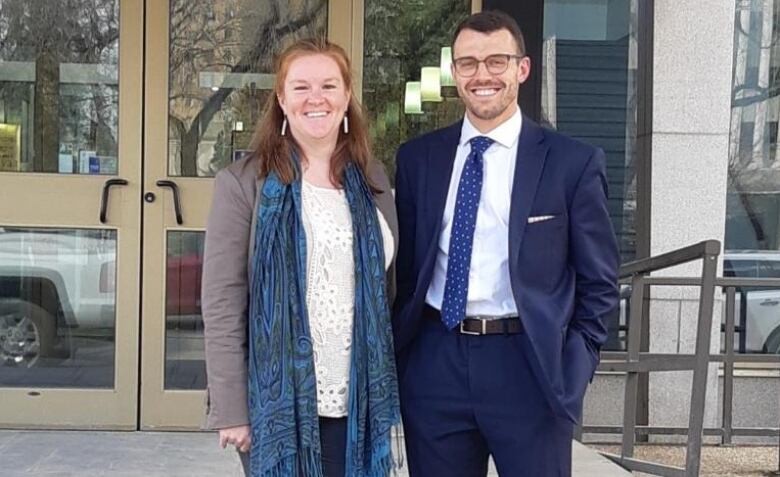Professor fights University of Regina in court to unveil sources of oil and gas research money
Emily Eaton wants to know who's giving and getting research money into resource extraction

Emily Eaton thought she was making a straightforward request when she began looking into who was funding research at the University of Regina, to understand how fossil fuel industries influence public education.
Instead, the university professor's question has become a battle through the courts, after theuniversity refused to release who was giving research money and who was receiving it.
This month, Justice Meghan McCreary with the Court of Queen's Bench ruled against the university's application to have legal arguments presented confidentially.
"I just can't imagine what's in there that [the university] feels so compelled to withhold it from the public," said Eaton, an associate professor at the university's department of geography & environmental studies.
"I wasn't expecting to find anything particularly surprising or malicious in there. But now I'm curious about why they're going to such lengths to keep it from the public."

Eaton originally began by asking the university about keywords like oil and gas, carbon capture and climate change. She asked who was providing research money, which groups and research projects were getting the money and how much was being given.
The university found 255 records that were potentially responsive to her request, but cited the Freedom of Information and Privacy Act (FOIP) as a reason why it would only release the title of the research projects and the dollar amounts given.
"They said that they would deny me basically the people involved," she said, explaining this was a critical part of her query and to her, was contrary to notions of transparency in a public institution.

'A big waste' of resources and time, says Eaton
Eaton launched a FOIP request in November 2017. The privacy commissioner would end up recommending the release of the records, but the university disagreed, arguing against the commissioner's interpretation of the act.
Eaton has gone through extensive fundraising to pursue her query through the courts, with a GoFundMe to cover legal costs.
"It's really unfortunate because obviously I feel like it's a big waste of everybody's resources and time," she said.
The university argued that releasing information on who was giving the money and who was getting the money were "details of academic research" that were exempt from theFOIP Act.
The university contended that to make its case that this FOIP exemption applied, it would have to disclose examples from the research.
The judge disagreed, writing it was possible to make legal arguments on the facts, without disclosing those facts.

The parties now must schedule a hearing date on the appeal, which will be held in open court.
I think that the public has a right to know these very most bare-minimum pieces of information about the research.- Emily Eaton, University of Regina professor
The university responded to a request for comment on the judge's decision with a statement, saying it appreciated the consideration given to its application, and respected McCreary's decision.
"We look forward to presenting our position on this matter in open court when the hearing takes place."
Eaton said she was pleased that the case will be heard in open court.
"If a private company wants to do its own research in its own private labs it can do whatever it wants and it needn't be subject to public scrutiny," she said.
"But because the research is being done in a public institution, I think that the public has a right to know these very most bare-minimum pieces of information about the research."












_(720p).jpg)


 OFFICIAL HD MUSIC VIDEO.jpg)
.jpg)



























































































